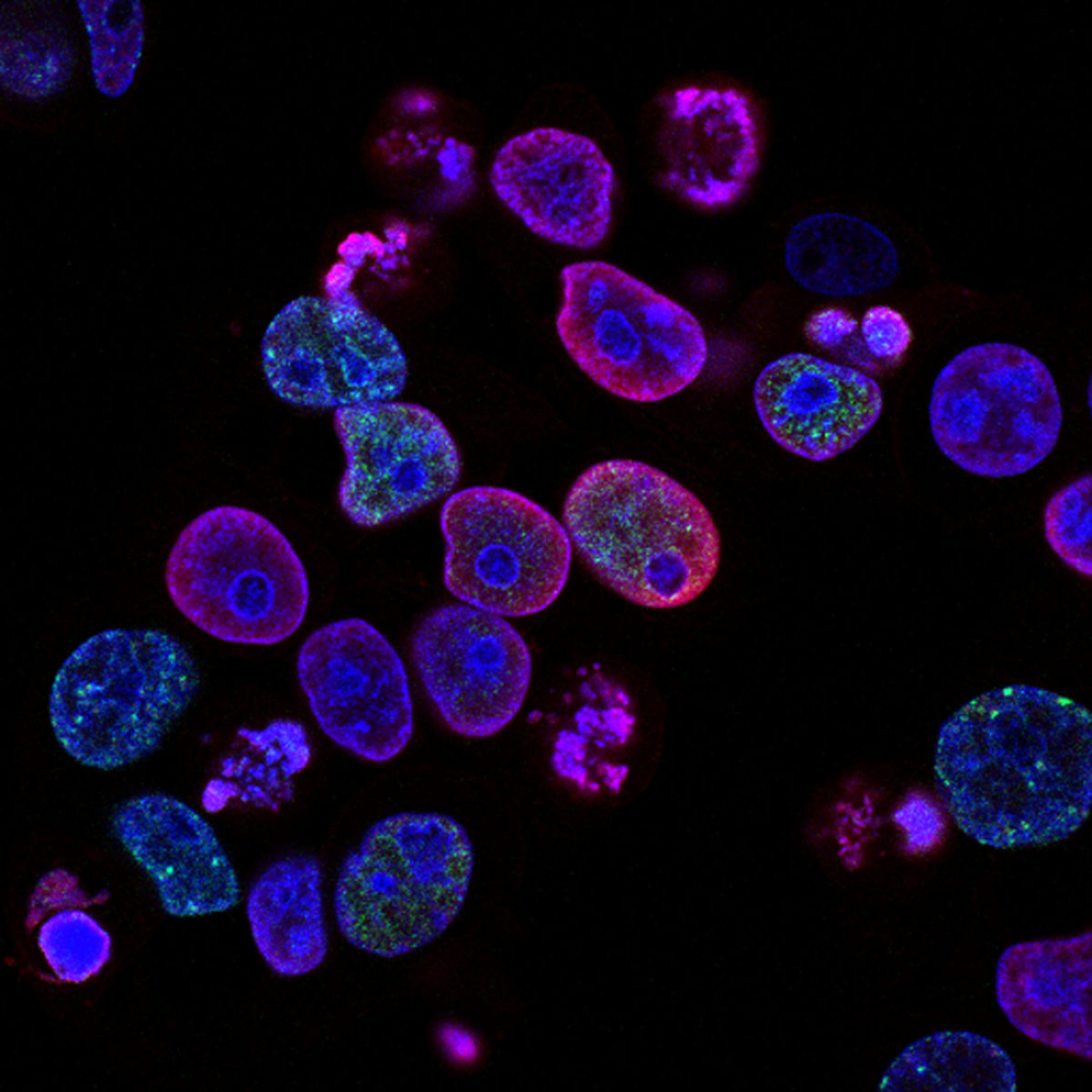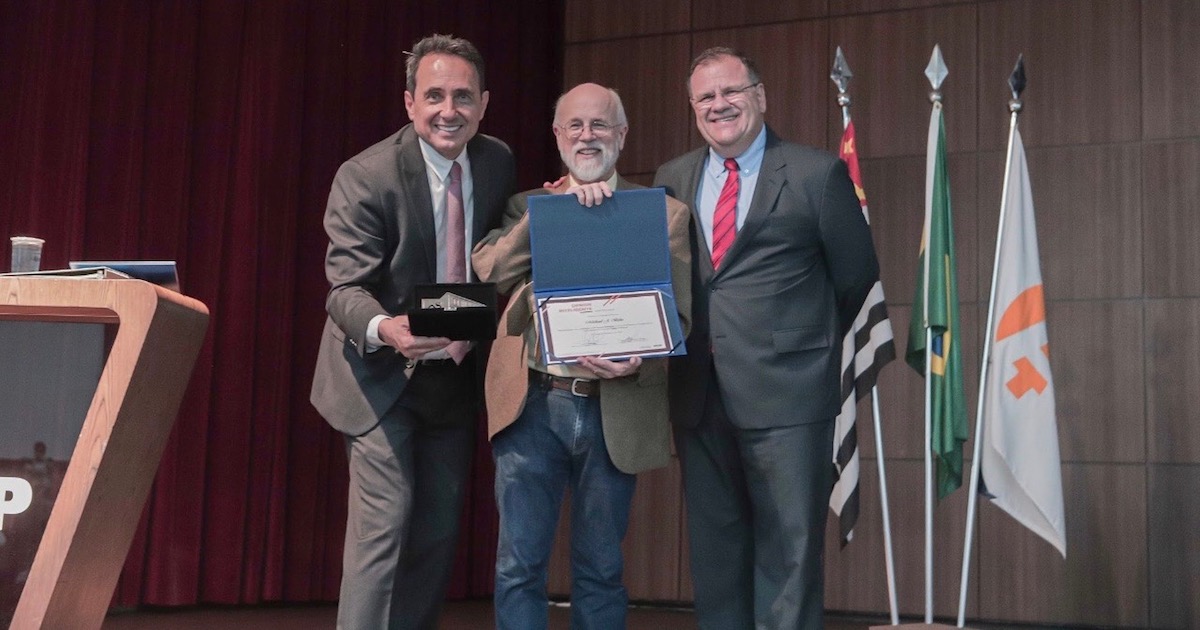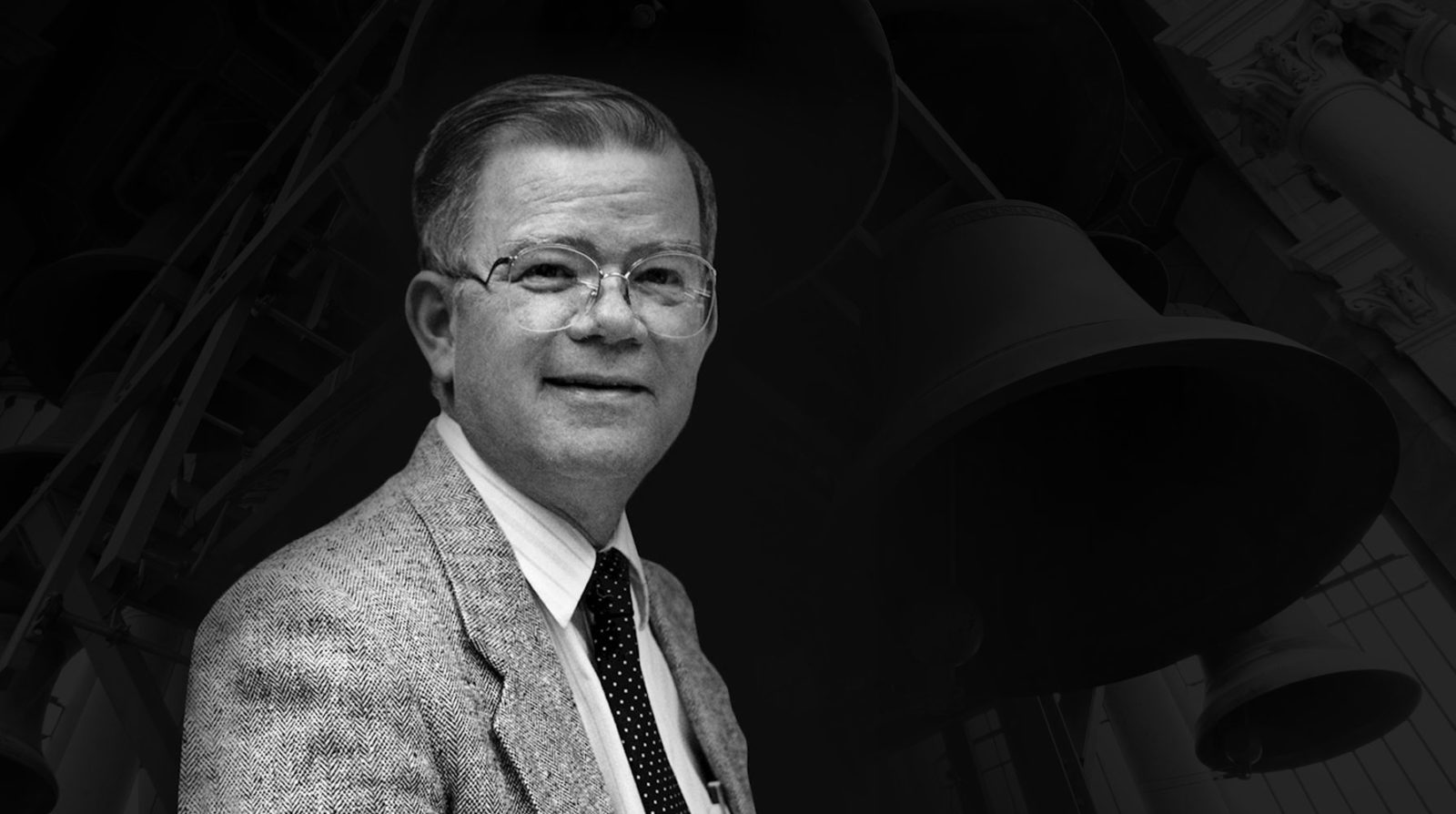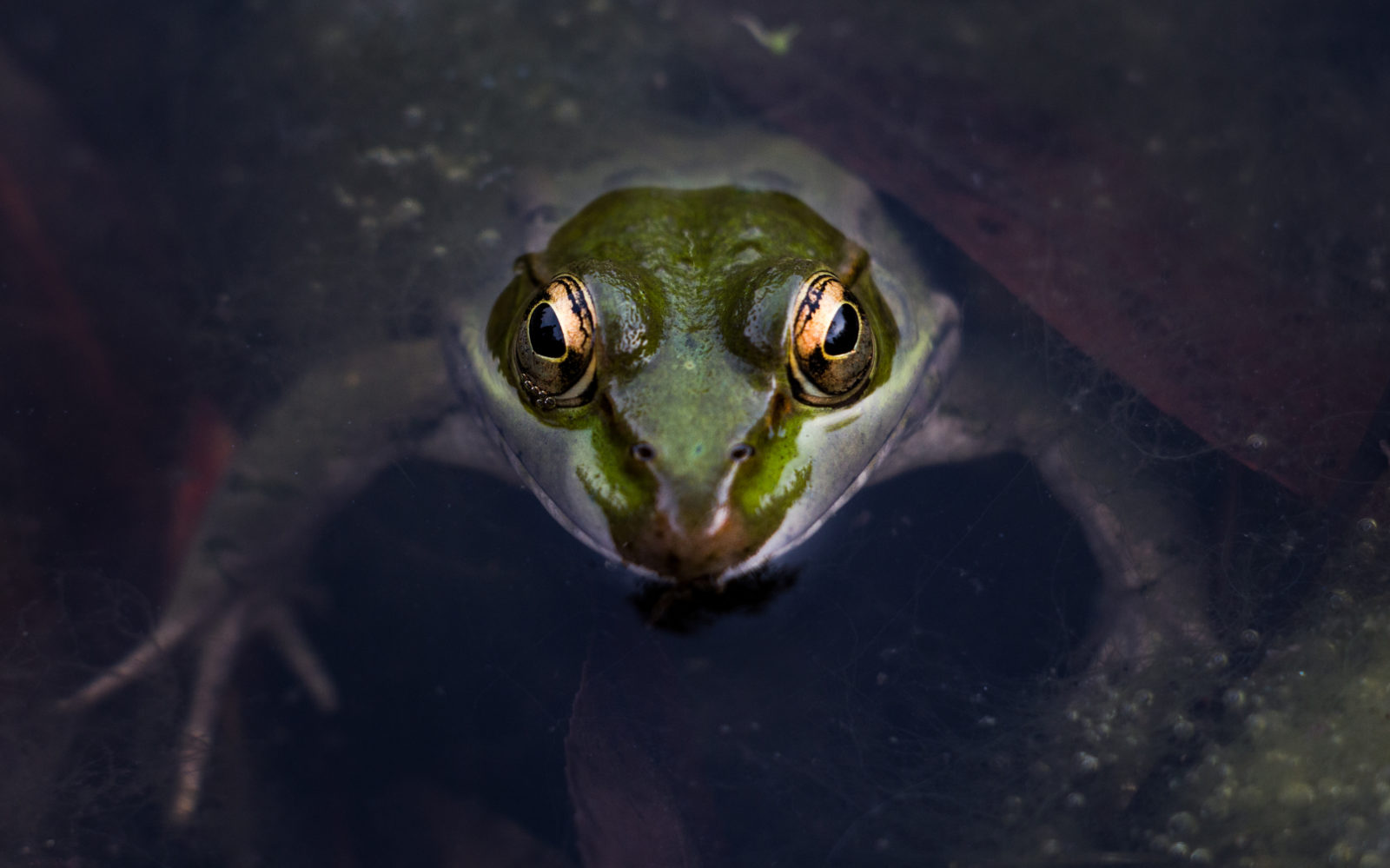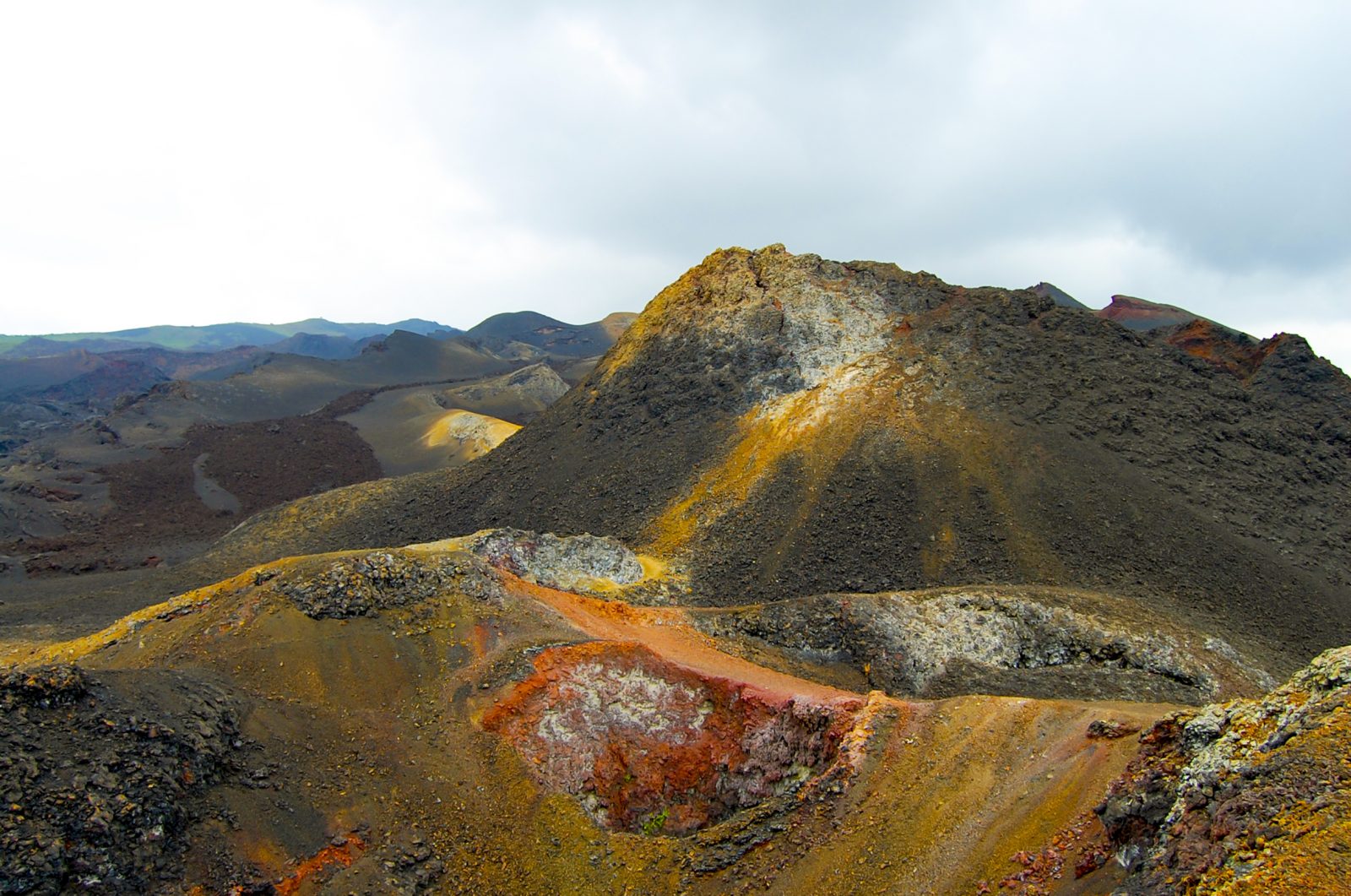
Paul Nelson Visits the Galapagos Islands, Pt. 2
On this episode of ID the Future, philosopher of biology Paul Nelson continues his discussion with host Andrew McDiarmid about Nelson’s recent visit to the Galapagos Islands, made famous by Charles Darwin. Nelson explains how Darwin was right — partly. Darwin urged biologists to consider the history of a plant or animal, an idea that was much neglected in the work of his predecessors. As Darwin’s experience on the Galapagos showed, and as Nelson’s experience there echoed, history must be part of our explanation for how species and populations have become the way they are today. At the same time, there are demonstrated limits to evolutionary change, Nelson argues, and so natural history alone cannot be the entire explanation for Read More ›
